Les terres hongroises lorgnées par les spéculateurs étrangers et les oligarques d’Orbán
- Hulala
- 15 November 2015
Le Gouvernement Orbán s’apprête à privatiser 380 000 hectares de terres arables, soit 20% du total des terres détenues par l’Etat.
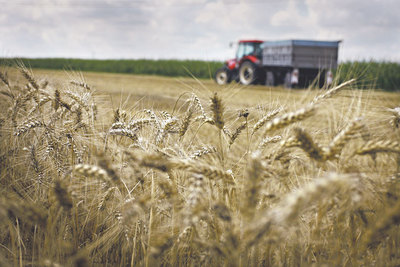
Le Gouvernement Orbán s’apprête à privatiser 380 000 hectares de terres arables, soit 20% du total des terres détenues par l’Etat.

La REDD+ et sa finance carbone ne résoudront pas la crise climatique

The REDD+ and its carbon trade will not resolve the climate crisis
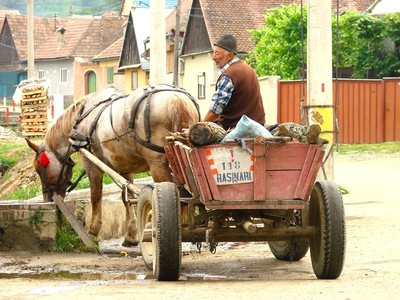
Despite their due diligence, Rabobank missed the fact that they were buying land in a village racked with corruption and land rights abuse, and from sellers deeply involved in murky business.
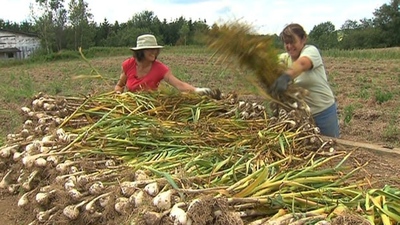
Land grabs and the speculation in land acquisitions are a growing reality globally. These trends were the focus of a one-day conference near Montreal yesterday looking into the evolution and effect on farmers in the province of Quebec.

A small and poor village in Romania has become the focus of a story involving land grabbing by foreign-owned multinationals and mafia-style corruption.

Investment AB Kinnevik today announced that it has sold its Polish agricultural business Rolnyvik, which holds 6,700 hectares of land in Poland, for a total consideration of approximately SEK 400m in cash.

Dans son dernier ouvrage Lettre à un paysan sur le vaste merdier qu’est devenue l’agriculture, le journaliste Fabrice Nicolino dénonce l’industrialisation de l’agriculture et le Land grabbing.
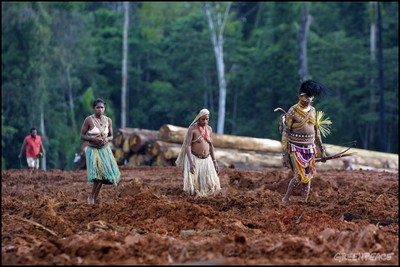
Logging operations are only ramping up, and exploiting special leases, meant for the development of agricultural projects, to clear forest on land belonging to customary owners.

China's appetite for offshore investment in food and agriculture is expected to rebound from a lull that has delayed some deals, given strong interest to meet growing domestic demand, a leading banker said.
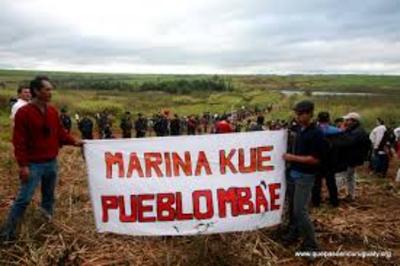
Obró a sabiendas de que en el Poder Judicial están pendientes juicios por la titularidad de las tierras y de que existen dos decretos del Poder Ejecutivo que muestran que las tierras ya son del Estado desde 1967.
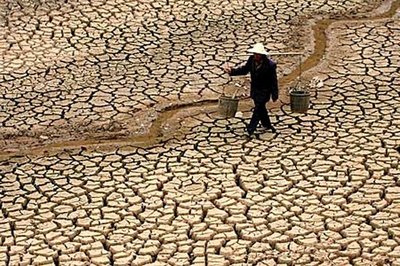
La organización alertó que el acaparamiento de tierras y la expansión de la agricultura intensiva están empeorando la situación de ciertas poblaciones locales.